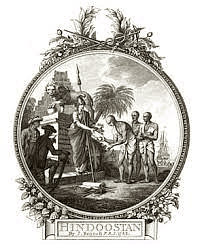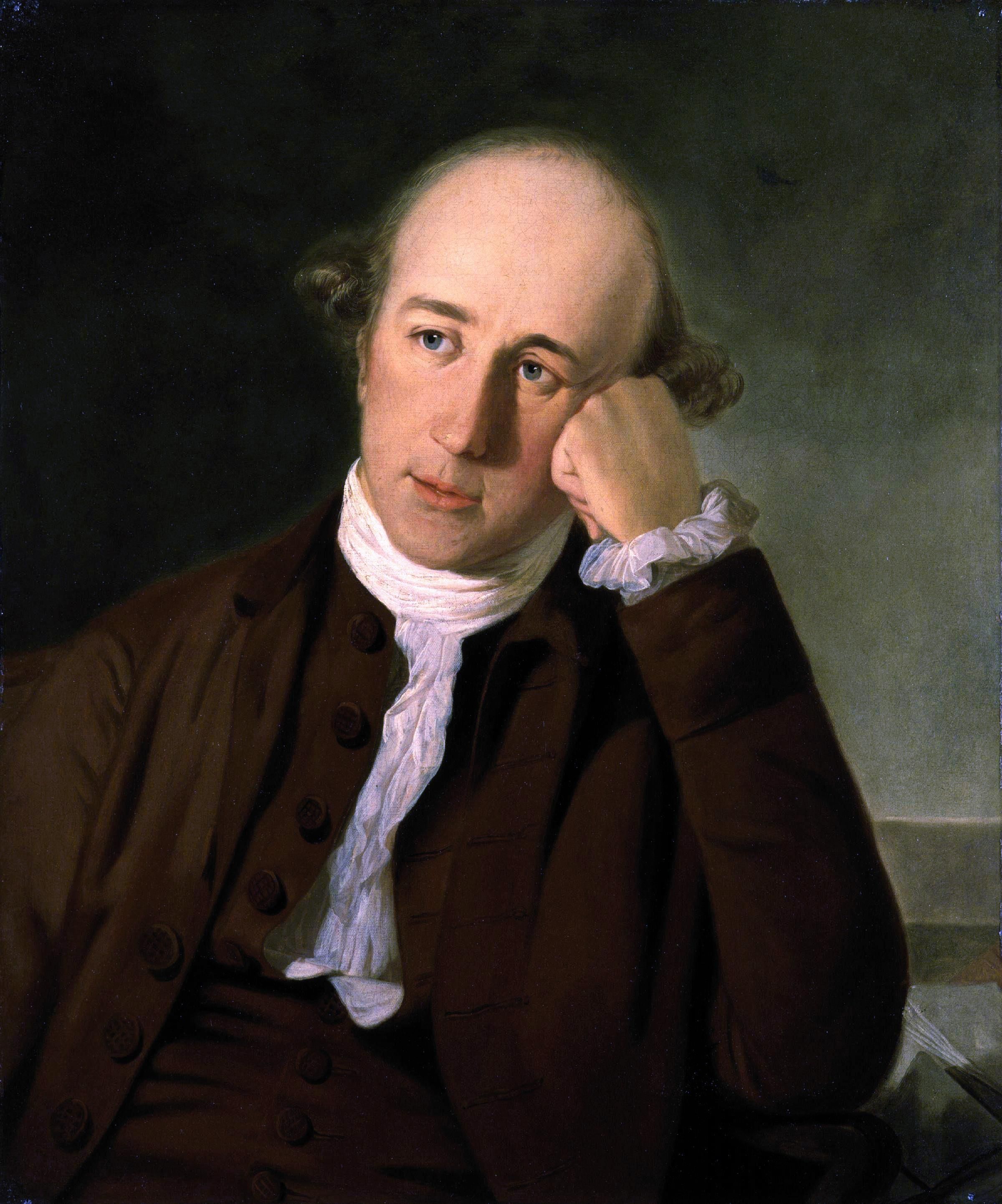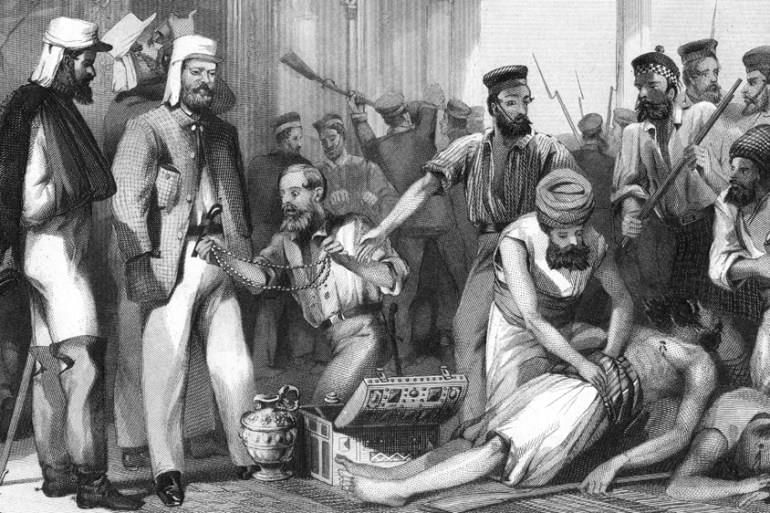Class 8 History Chapter 1 Notes - How, When and Where
How Important are Dates?
Historians were once deeply interested in specific dates, focusing on royal coronations, battles, and key events.
- Earlier: History was often equated with memorizing dates, making it seem tedious.
- Now: History is about understanding changes over time, comparing the past with the present to grasp developments.

- We often overlook the historical context of everyday things, but moments of curiosity lead to asking historical questions E.g., The history behind tea/coffee consumption, railways, or information dissemination before newspapers.
- Historical Inquiries: History often involves periods of gradual change that do not require precise dating. Examples: British rule in India or the national movement developed over long periods.
- Modern History Focus: Previously, historical focus was on major events and rulers, associating history with specific dates but Modern historians explore diverse topics:
- Livelihoods
- Production
- Urbanization
- Governance
- Cultural evolution
Which dates matter in History?
Dates are chosen for importance based on the events we focus on in our study of history.
- For example, in British histories of India, Governor-Generals were central figures such as Warren Hastings, Lord Mountbatten, Wellesley, Bentinck, Dalhousie, and Canning. All dates in these histories were connected to the actions, policies, and accomplishments of these Governor-Generals
 Warren Hastings
Warren Hastings
- Alternative historical narratives can focus on the activities of different groups and classes in Indian society instead of just Governor-Generals. History is often divided into chapters to provide coherence and structure to the narrative.
- In histories centered on British Governor-Generals, the role and activities of Indians were often marginalized or omitted.
- To create a more inclusive history, a new format is needed that gives space to the activities of various groups within Indian society.
- This shift in focus would lead to a reevaluation of the significance of dates, with new dates becoming more important in this alternative historical framework.
How do we Periodise?
In 1817, James Mill, a Scottish economist and political philosopher, published "A History Of British India", dividing Indian history into Hindu, Muslim, and British periods.
 James Mil
James Mil
- Mill viewed Asian societies as less advanced than Europe and believed British rule would bring progress through European customs and laws.
- He portrayed British colonization as a civilizing force, contrasting with the perceived "darkness" of the pre-British eras.
Challenges to Mill’s Periodization
- The division of history into solely "Hindu" or "Muslim" periods is now questioned due to the coexistence of multiple faiths and rulers with diverse beliefs during these times.
- This categorization oversimplifies the rich cultural and religious diversity of the time.
Alternative Periodization by Historians
- Modern historians often use the terms ancient, medieval, and modern to divide Indian history.
- However, this classification has been criticized for its Western bias, particularly the view that "modernity" is defined by European standards.
Colonial Period
- The term "colonial" is sometimes used to describe the British rule in India.
- This period highlights the lack of equality, freedom, and economic development under British domination, rather than focusing solely on progress.
What is Colonial?
Colonialism refers to the domination of one country by another, as demonstrated by the British conquests where they established control over the economy, society, and governance.
 British Colonialism in India
British Colonialism in India
- British Rule and Control: The British subjugated local rulers such as nawabs and rajas, controlled revenue collection, and manipulated trade to benefit themselves. They imposed changes on societal values and practices to strengthen their rule.
- Economic Exploitation: Under colonialism, the British exploited India's resources, forced the production of export crops, and disrupted the local economy.
- Impact on Society and Culture: The British imposed political, economic, social, and cultural changes on Indian society, leading to a profound transformation in values, tastes, customs, and traditions. These changes affected different classes and groups in diverse ways, as illustrated in the textbook "Our Pasts."
- Lasting Consequences: Colonialism left a lasting imprint on the colonized society, influencing its social fabric and creating long-term impacts on governance and culture.
How do We Know?
Understanding history relies heavily on the records left behind. During British rule in India, meticulous documentation and surveys were conducted, shaping our knowledge of the past. However, official records often reflect limited perspectives, making it essential to explore alternative sources for a fuller picture of history.
Administration Produces Records
- Importance of Documentation: The British placed great emphasis on documentation, considering writing essential for clarity in communicating instructions, policies, and decisions.
- Administrative Culture of Records: This focus led to a culture of producing memos, notings, and reports, with all significant documents meticulously preserved in record rooms across administrative institutions such as village tahsildar offices, collectorates, provincial secretariats, and law courts.
- Archives and Museums: Specialized institutions like archives and museums were created to safeguard these records.
 National Archive
National Archive
- Calligraphy and Printing: In the early 19th century, letters, memos, and reports were hand-copied by calligraphers, but by the mid-19th century, printing technology allowed multiple copies to be produced and distributed as government department proceedings.
Surveys Become Important
- The Role of Surveys: Surveys became important during British rule, as they believed understanding the country was essential for effective administration. By the early 19th century, detailed revenue surveys and topographical mappings were conducted to gather information on the land, resources, and local histories.
- Census Operations: From the late 19th century, decennial Census operations began, recording population data along with details on caste, religion, and occupations.
- Other Surveys: Botanical, zoological, archaeological, anthropological, and forest surveys were also conducted to gather essential information for regional administration.
What Official records do not Tell
- Biased Perspectives: Official records primarily reflect the views and interests of officials, preserving what they considered important, often ignoring the sentiments of the general populace.
- Alternative Sources: Diaries, pilgrims' accounts, autobiographies, booklets, and newspapers provide alternative insights into public opinion and popular sentiment.
- Marginalized Voices: Official records mainly represent literate individuals, often excluding marginalized groups like tribals, peasants, and the urban poor. Understanding their history requires exploring additional sources beyond traditional records.
- Importance of Diverse Sources: Exploring a wide range of printed materials, public debates, and non-official sources is crucial for a comprehensive understanding of historical events and societal dynamics.
Frequently Asked Questions (FAQs)
Q1: What are some sources of information other than official records that historians rely on?
Ans: Historians also rely on diaries, accounts of pilgrims and travelers, autobiographies, popular booklets, newspapers, and writings of leaders, reformers, poets, and novelists.
Q2: Discuss James Mill's perspective on Indian history and why he divided it into three periods.
Ans: According to James Mill, before the British came to India, Hindu and Muslim despots ruled the country. He believed that religious intolerance, caste taboos, and superstitious practices dominated social life. In his view, British rule represented progress and civilization, and he felt that European culture and law were necessary to uplift the Indians. Therefore, he divided Indian history into three periods - Hindu, Muslim, and British - to establish his view that the period before British rule was one of darkness and the British brought enlightenment and happiness to India.
Q3: Explain the significance of colonial rule and its impact on Indian society.
Ans: Colonial rule refers to British rule in India. It brought about changes in values, tastes, customs, and practices. The British established control over the economy and society, collected revenue, produced crops for export, and subjugated local rulers. Colonial rule had a profound impact on Indian society, leading to political, economic, social, and cultural changes. It influenced the way of life, governance, and administration in India.
|
69 videos|431 docs|46 tests
|
FAQs on Class 8 History Chapter 1 Notes - How, When and Where
| 1. How do historians determine the importance of specific dates in history? |  |
| 2. How can we know if a specific date is significant in history? |  |
| 3. Are there specific criteria that determine the importance of dates in history? |  |
| 4. Can dates be considered important even if they are not widely recognized or celebrated? |  |
| 5. How can individuals learn more about the significance of specific dates in history? |  |

















